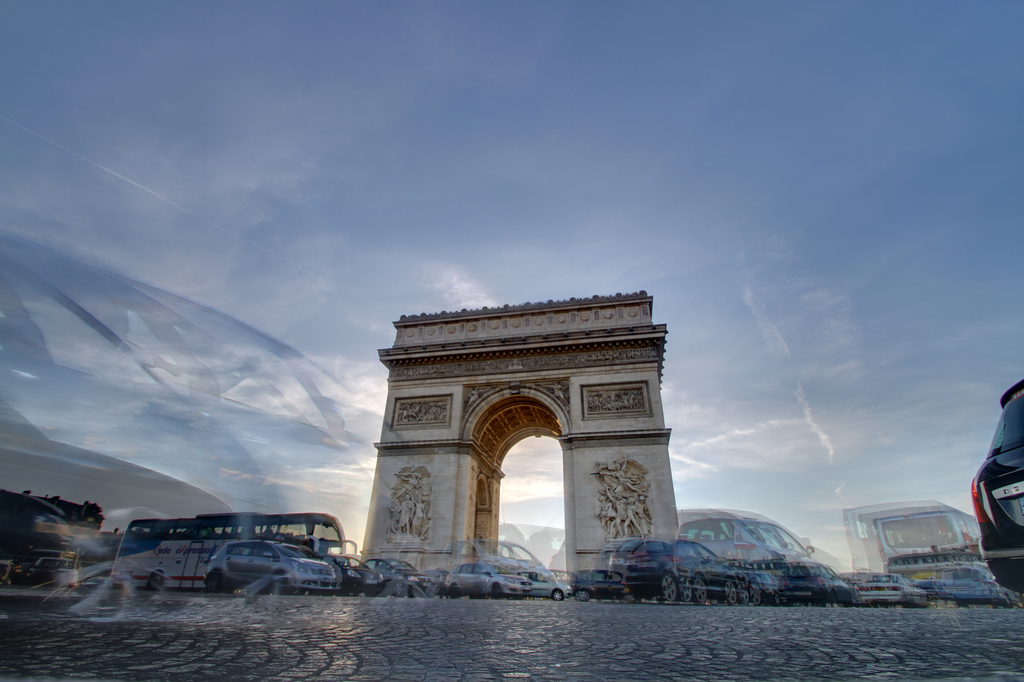The Peninsula
Korea’s New Auto Dispute with Europe

By Troy Stangarone
With continuing sluggish sales of French autos, the new government in France has formally requested that the European Union (EU) begin monitoring imports of Korean automobiles as a first step to potentially reintroducing the initial tariff cuts under the EU-Korea FTA.
Under the agreement which has been in effect a little over a year, the EU lowered its 10 percent tariff on passenger cars with engines below 1,500cc to 8.3 percent and to 7 percent for cars with larger engines during the first year of the agreement.
While the French Minister for Industry, Arnaud Montebourg, has accused Korean manufacturers of “acts of unfair competition,” the real issue is that while much of Europe continues to struggle with the euro crisis Hyundai and Kia have made gains in European markets. Over the last year Hyundai’s sales in Europe are up 12 percent, while Kia’s have risen 11 percent and overall imports from Korea are up 24 percent over the last year.
As Europe continues to feel the effects of the euro crisis, it’s understandable why this might be unnerving to the new administration of Francois Hollande in the Elyse Palace. However, context matters. Much of the struggles of French car makers such as Peugoet and Renault come from excess capacity issues and high costs that predate the 2008 financial crisis. Unlike their Detroit counterparts, when the initial financial crisis hit in 2008, French automakers didn’t go through the massive restructuring and cost cuts that their American counterparts did. In fact, then President Nickolas Sarkozy pressured French automakers not to cut production in France in an effort to save French jobs.
Had French industry restructured in 2008-2009, they might be better placed today to take on the challenge from Hyundai and Kia. While the auto industry is traditionally a low margin industry, it seems unlikely that the small tariff cuts that have taken place to date are the real issue of the French industry’s competitiveness, even if they may have been the straw the broke the proverbial camel’s back.
Here is where context matters. While exports of Korean autos to the EU were up 24 percent over the last year, they are still a little under 50 percent of the level they had reached in 2007 before the crisis when Korea shipped 640,000 vehicles to Europe. Additionally, while imports may be up, the majority of cars sold by Korea in Europe are made in Europe. According to Hyundai, about 70 percent of its sales are built in the European region with some models made in the Czech Republic where wages are €10.50 compared to €34.20 in France, giving it a competitive edge over its French rivals.
Looking at the broader picture, because of the euro crisis Korea hasn’t seen the benefits expected from the Korea-EU FTA even if its auto industry is thriving in Europe. After one year in effect, Korea has seen its exports to Europe fall from $57.9 billion to 50.9 billion, while Europe has actually seen growth with its exports to Korea rising by 13 percent.
If Korea’s overall exports to Europe are down and the majority of its auto production for European markets is in Europe, it would suggest that the fundamental problem in France is a deeper structural issue rather than anything Hyundai or Kia have done since the FTA went into effect. This is also why it’s unlikely that the EU Commission will ultimately support French efforts to reimpose tariffs on Korea. To do so would not only cause political difficulties with Korea, but it would raise more fundamental questions about the EU’s commitment to free trade.
Troy Stangarone is the Senior Director for Congressional Affairs and Trade for the Korea Economic Institute. He is currently on leave from KEI. The views expressed here are his own.
Photo from waitscm’s photo stream on flickr Creative Commons.
